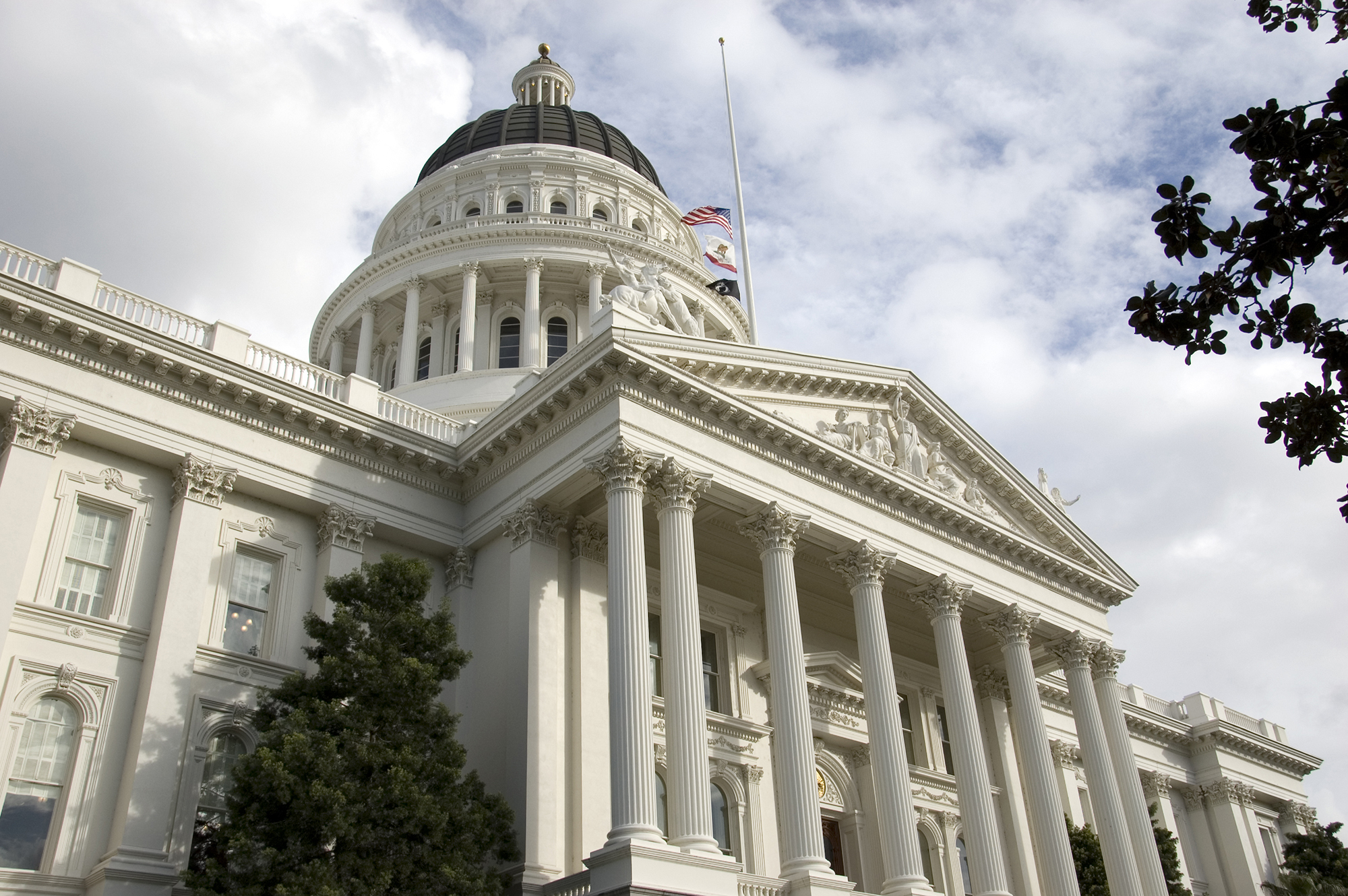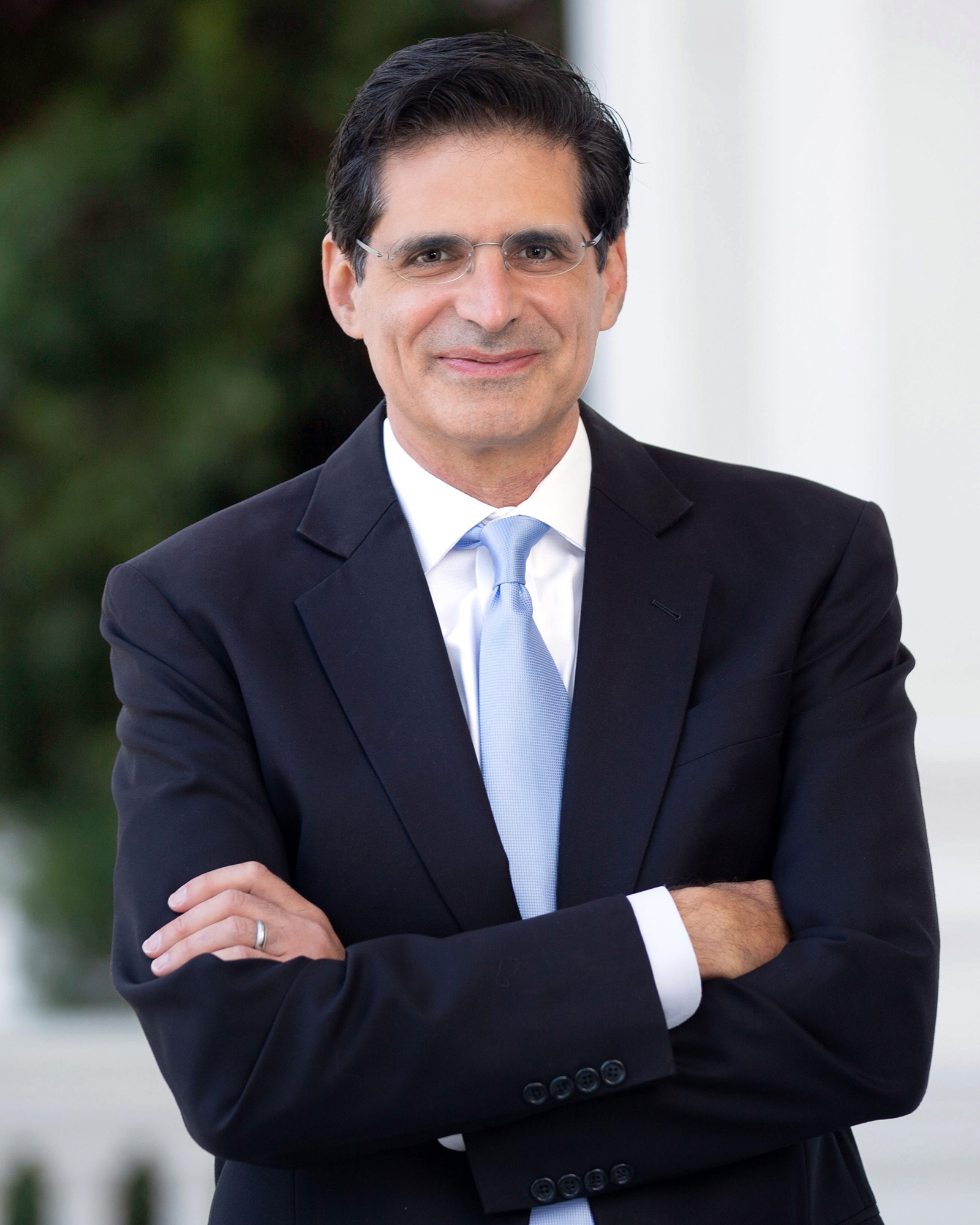Pope Francis decked out in a white puffer jacket.
Mahatma Gandhi beaming in a selfie.
"The Mona Lisa" zoomed out, its bemused subject staged against a backdrop of wispy clouds and jagged rocks.
These viral images, all fake, have inspired awe, amusement and mockery over the past year as the field of generative artificial intelligence continued to surge in popularity. The rise of AI-generated images has also sparked debates among policymakers about the best way to protect people from fraud and deception.
U.S. President Joe Biden highlighted the challenges posed by AI in late October, when he signed an executive order that, among other things, required developers of powerful AI models to share information with the government; established an AI-focused cybersecurity program; and directed the Department of Commerce to develop guidance for watermarking so that AI-generated content is clearly labeled.
Biden also held meetings in the summer with seven leading AI companies — Amazon, Anthropic, Google, Inflection, Meta, Microsoft, and OpenAI — and secured their voluntary commitment to developing watermarking systems, mechanisms that add an invisible (but detectable) mark to photos or videos to identify them as AI-generated.
Now, state Sen. Josh Becker, D-Menlo Park, is preparing to tackle the challenge on the state level. Becker plans to introduce a bill that would require generative AI companies to watermark the images, videos and audio that are created from their models. These companies would also be required to provide a platform for consumers to ask about whether the content was created by them.
Becker said in a Jan. 12 statement that the bill is intended to "champion transparency and empower consumers."
"Artificial intelligence has become an integral part of our daily lives, influencing the products we use," Becker said. "It is crucial that consumers have the right to know if a product has been generated by AI."
For Becker, the new AI bill is the second piece of legislature that targets technological trickery and opaqueness. Last year, he authored the Delete Act, which establishes a system that will allow consumers to opt out of having their information collected by data brokers. Earlier this month, state Sen. Steve Padilla, D-Chula Vista, introduced a pair of bills to regulate AI with privacy and safety standards and to create an AI research hub to support universities.
Becker said in a statement that it became clear to him through conversations with experts that "the ability to distribute high-quality content made by generative AI creates concerns about its potential misuse."
The introduction of what Becker is calling the California Artificial Intelligence Transparency Act "marks a significant step toward establishing clear guidelines for AI-generated products, setting a precedent for other states and jurisdictions to follow," he said.
"AI-generated images, audio and video could be used for spreading political misinformation and creating deepfakes," Becker said. "My legislation will aim to advance provenance, transparency, accountability and empower individuals to make choices aligned with their values."




Comments